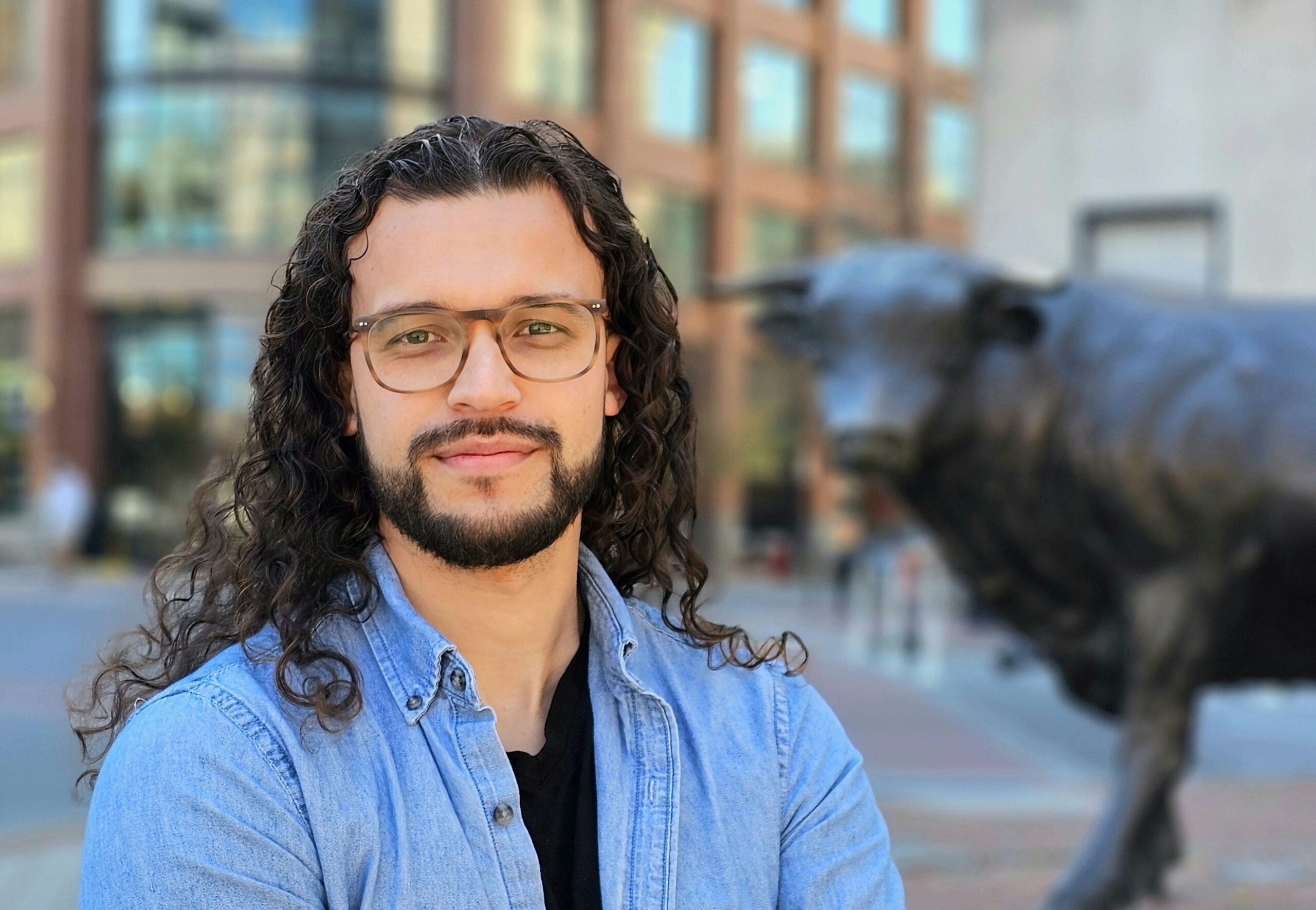Since President Trump’s election, Axel Herrera has seen a growing number of local police traffic checkpoints popping up across his North Carolina community. As a DACA recipient, Axel has legal protection from deportation, but some of his friends and family members have already been detained or deported following random traffic stops, and many undocumented members of his community now live in constant fear. “It’s creating a hostile environment,” Axel says. “It’s pretty clear what the government is trying to do.”
Axel is 27. He has lived here since age seven, after his family left Honduras in search of a better life. When Axel received DACA status, he felt he’d finally achieved his family’s dream. He won a scholarship to Duke University, became the first in his family to attend college and graduated with multiple awards and a prestigious Congressional internship.
He went on to become North Carolina’s civic engagement director for Mi Familia en Acción, a nonprofit group supporting Hispanic communities. He’s spent the past few years registering citizens to vote, creating youth programs, and mentoring immigrants as they seek educational and professional opportunities. “All I ever wanted was to belong, and to give something back,” he says.
But the new political reality has been a blow. Ongoing challenges to DACA’s legality could jeopardize Axel’s protection from deportation. Axel has to renew his DACA status and employment authorization every two years—and while he rushed to process his paperwork just before Trump took office, he has no way of knowing if that will still be possible when his current status expires in 2026. He knows that some Dreamers are now struggling to get their papers processed, and the Trump administration has already deported at least one DACA holder after claiming they had an outstanding deportation order. “Right now, everything is up in the air,” Axel says. “I’m very concerned about the future.”
One possibility is that courts could leave DACA in place, but revoke DACA recipients’ right to work. Because of that uncertainty, Axel is walking away from his hard-won job and returning to school. This fall, he’ll leave North Carolina for Yale, where he’s won a scholarship to study business and public policy. “It’s a great opportunity, but also a hedge against losing my status,” he explains. “If I lose my work authorization, then being a student might buy me some time and let me find a different path forward.”
He feels torn about leaving his community behind. Everyone he knows is constantly on WhatsApp, assessing police conditions anytime they leave the house. He knows many young Venezuelans whose humanitarian parole was recently revoked, leaving them unable to work or study. Over the past 6 months he’s also seen families torn apart by raids and deportations, or who are simply too afraid of ICE to go to school. “I speak all the time with young people whose whole future is on the chopping block,” Axel says.
But despite Axel’s current protections, “there’s this looming sense that things could get worse fast,” he says. Under Trump, anti-immigrant sentiment and policy has become more entrenched. He’s especially worried about the long-term impact of a new state law requiring sheriffs to cooperate with ICE. And he fears for his and his family’s future. “After 20 years, we’re barely scratching the surface of dealing with our status issues,” he says. “It never ends—and the Trump administration is rolling back so much of the progress we’ve made.”




